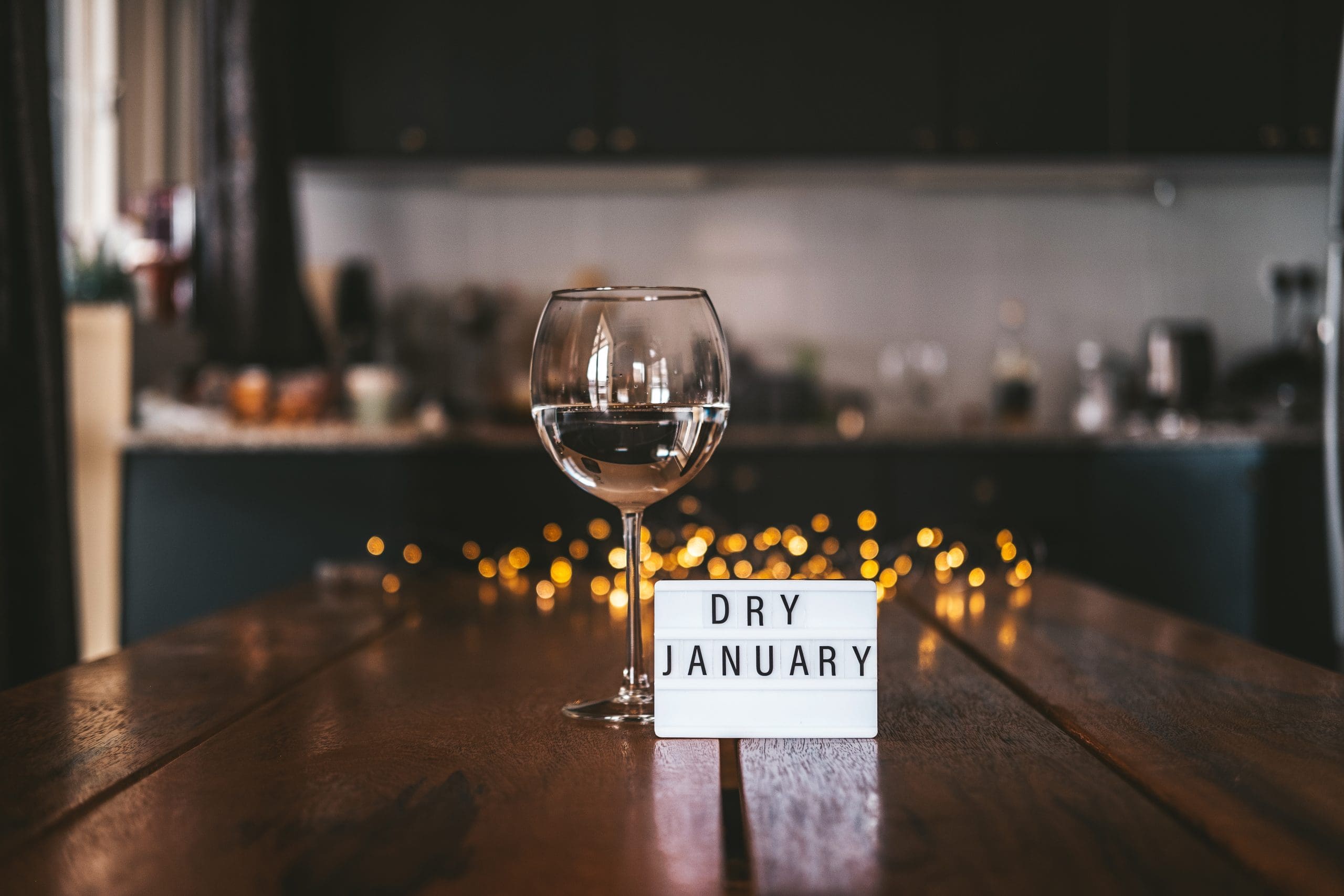Quick Summary:
- Explore strategic Dry January rules to ensure a successful alcohol-free month.
- Understand how each rule can aid in your journey towards improved health and mindfulness.
- Apply these guidelines to sustain your commitment to sobriety throughout the month and beyond.
Dry January offers an opportunity to reset after the indulgences of the holiday season, providing benefits like better sleep, more energy, and potential weight loss.
Dry January Rules
For those in recovery or anyone looking to evaluate their relationship with alcohol, adhering to specific Dry January rules can make the difference between a challenging month and a transformative experience.
1. Set Personal Intentions
Beyond general goals, set personal intentions that resonate with your deeper motivations for participating in Dry January. This might include improving mental clarity, enhancing relationships, or dedicating more time to personal development.
2. Inform Your Social Networks
Expand on telling friends and family by also considering your social media circles. Sharing your commitment publicly can increase your accountability and might inspire others to join you.
3. Rearrange Your Social Habits
If your social life typically revolves around venues that promote drinking, try to initiate gatherings in places that do not emphasize alcohol, like daytime cafés, public parks, or museums.
4. Prepare for Social Pressures
Anticipate moments of social pressure where you might be offered alcohol. Have a plan to politely but firmly refuse drinks. You could even suggest alcohol-free alternatives to your friends.
5. Engage in New Learning
Take a class or start a project that’s been on your mind. Engaging deeply in new learning experiences can shift focus away from the absence of alcohol and towards the excitement of gaining new skills or knowledge.
6. Find a Dry January Buddy
Pair up with a friend or colleague who is also participating in Dry January. Having a buddy to share the journey can provide mutual support and make the process more enjoyable.
7. Redefine Enjoyment
Discover new forms of enjoyment in alcohol-free activities. Whether it’s trying out new restaurants that focus on cuisine rather than drinks or attending different types of entertainment like theater or sports events.
8. Reflect Daily
Expand your journaling to include daily reflections on what you learned about yourself each day without alcohol. This can deepen the understanding of your habits and triggers.
9. Treat Yourself
Use the money you save from not buying alcohol to treat yourself to something special—perhaps a massage, a new book, or a special meal.
10. Get Active
Increase your physical activity. Exercise can improve your mood and energy levels, which can help counteract any initial withdrawal symptoms from alcohol.
11. Explore Non-Alcoholic Options
Experiment with non-alcoholic drinks that are not just substitutes but are enjoyable in their own right. Many craft breweries now offer non-alcoholic beers that mimic the taste of their alcoholic counterparts.
12. Revisit and Revise Goals
Midway through the month, take time to assess your progress and adjust your goals if needed. This can keep you motivated and responsive to your own needs.
13. Plan for Difficult Days
Recognize that there will be challenging days. Plan ahead for how you will handle tough moments, perhaps by calling a friend, attending a meeting, or engaging in a favorite hobby.
14. Evaluate Post-January Plans
As the month ends, think about the insights you’ve gained and how you can apply them to your life moving forward. Decide whether you want to return to moderated drinking, extend your abstinence, or pursue a completely sober lifestyle.
Following these Dry January rules can help solidify your commitment to a healthier lifestyle and provide a foundation for lasting change. For anyone needing additional support during this time or beyond, Comfort Recovery is here to help. Contact us at 866-996-8936 to learn more about our resources and services, which can assist you in maintaining sobriety and achieving your wellness goals.








